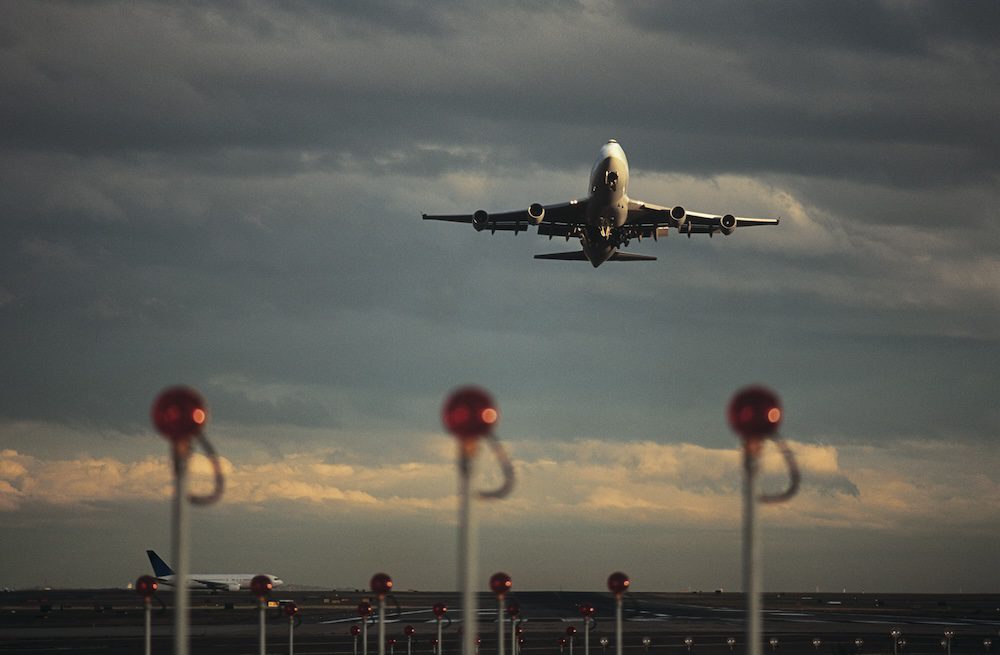Travellers looking to stretch their budget should book in February and March, with a new analysis revealing these are the cheapest months for locking in international travel.
Crunching Australian Bureau of Statistics (ABS) data, comparison site TravelInsurance.com.au found significant price drops for flights and accommodation in the first quarter of the year when families regularly tightened their wallets.
“Travel is often cheaper at this time of year due to many households restricting their budgets after the Christmas period, leading to lower demand and better deals for those who can take advantage,” TravelInsurance.com.au CEO Shaun McGowan said.
“Understanding these seasonal pricing patterns allows travellers to make informed decisions and maximise their travel budgets.”

Helloworld Travel Lane Cove Owner Debbi Ashes’ advice for customers supports this theory.
“We always advise our clients to book international travel in February and March, as prices are at their lowest before demand spikes later in the year,” she explains.
“The savings on flights and accommodation can be significant, allowing travellers to upgrade their experience or extend their trips.”
According to the ABS data, international travel costs fell by nearly 6 per cent in the first quarter of 2024; this followed a more than 8 per cent drop in Q1 2023.
By contrast, domestic travel prices rose slightly in early 2024 and by nearly 5 per cent in Q1 2023.
“Flights and accommodation are more expensive and demand is higher [for domestic travel] with families taking a break early in the year before school starts and people return to work. For many people, it is the only time they can travel. That inflates domestic prices in the first quarter of each year,” McGowan says.
“This makes overseas trips even more appealing for Australians seeking value for money at the beginning of the year.”

According to the data, Asia continues to dominate early-year international travel trends, however, New Zealand remains the most popular destination, with 407,500 trips in early 2024. The biggest mover early last year was India, which rose from 10th to the fourth most-visited spot in Q1 2023. Meanwhile, Europe saw a seasonal dip early in the year likely due to the low winter season and price fluctuations.
“Travellers who plan their trips strategically can save hundreds, if not thousands, of dollars by booking during this seasonal dip,” adds McGowan.
“With rising travel costs expected throughout 2025, taking advantage of these price drops early in the year is a smart financial move.”

However, expert travel advisor Sekha Walsh’s take on the cheapest time of year to book flights is a little different.
The self-confessed “airfare nerd” tells Karryon he generally advises clients to book “between eight to nine months in advance to get the cheapest time that you want to travel”. So if you’re holidaying in the middle of the year, like in the peak northern summer, that might mean booking your flights at the end of the year before.
“It’s all random. We all know peak season, like school holidays, Christmas, New Year’s, Easter… those ones are always expensive,” he tells Karryon.
“To travel off-peak, it really depends on the destination as well… like Europe, obviously summer is the biggest time to go. It’s either you pay premium or if you want the cheapest, you go either before June or you travel before Christmas.”
Want insights on how to stay competitive in the travel industry? Read this article in Karryon.






